
Real people curating & writing real stories that are affecting real change
Multiview is the leading B2B digital publisher in the association marketplace and operates as an extension of your team by working with you to create an authentic voice that ensures your goals are achieved. Our diverse team of talented, focused professionals work closely with you to understand your unique needs and are dedicated to upholding the level of informational integrity your readers have come to expect.



Our Philosophy
In order to deliver the best News Briefs products to our partners we stand by these philosophies.
Team
Our team is made up of reliable individuals who collaboratively strengthen each other and the partners they work with, putting people at the center of content.
Commitment
We are committed to deliver timely, relevant, accurate and digestible curated content to meet the needs of our partners and their readers.
Value
We value each other, our partners and our commitment to creating an exceptional product to keep readers engaged and informed.
Join The Team
You spend a lot of time at work so doesn’t it make sense to love it? We think so. Explore our openings and learn why people love working for Multiview.
© 2025 by Multiview, Inc. All the text, graphics, audio, design, software, and other works are the copyrighted works of Multiview, Inc.
All Rights Reserved. Any redistribution or reproduction of any materials herein is strictly prohibited.




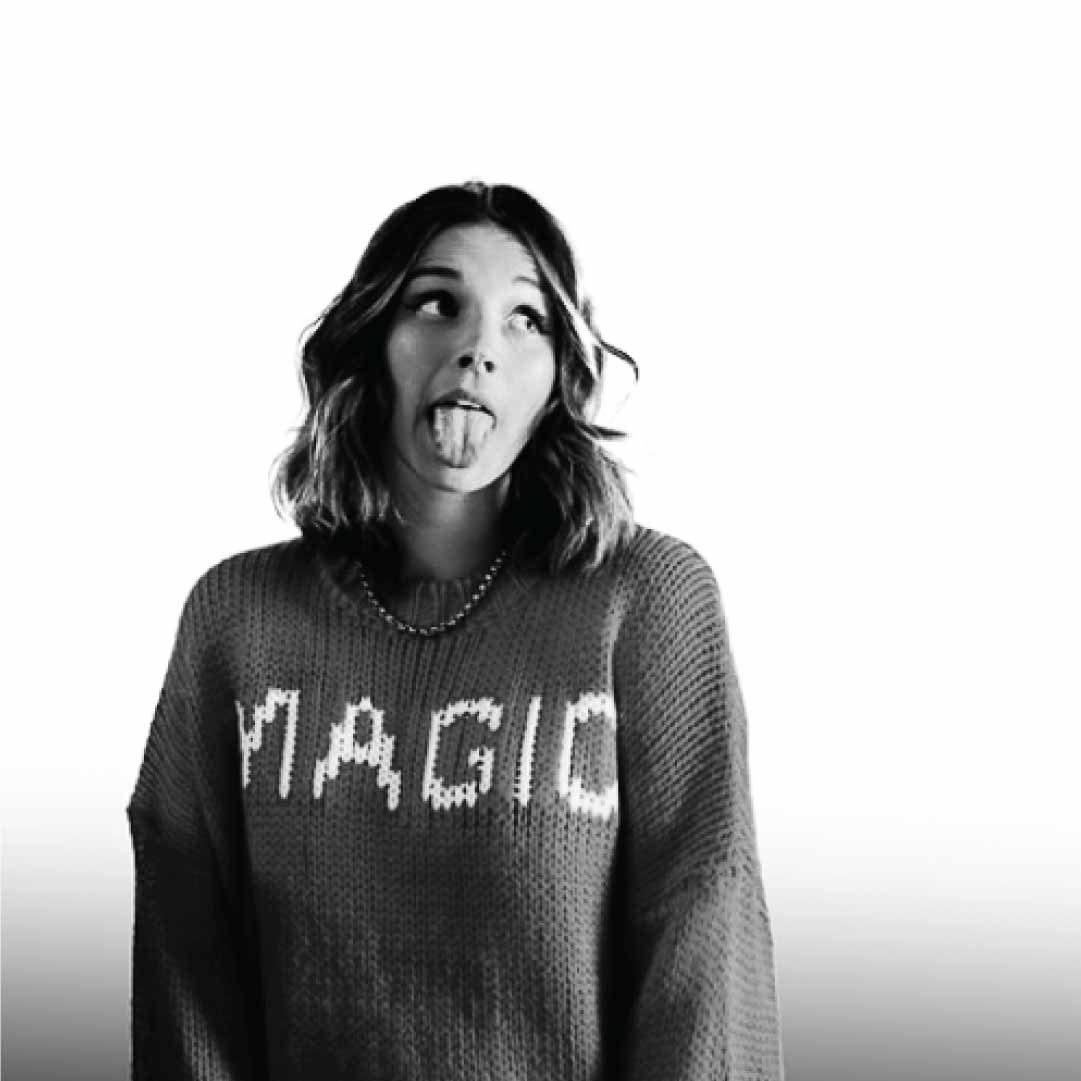
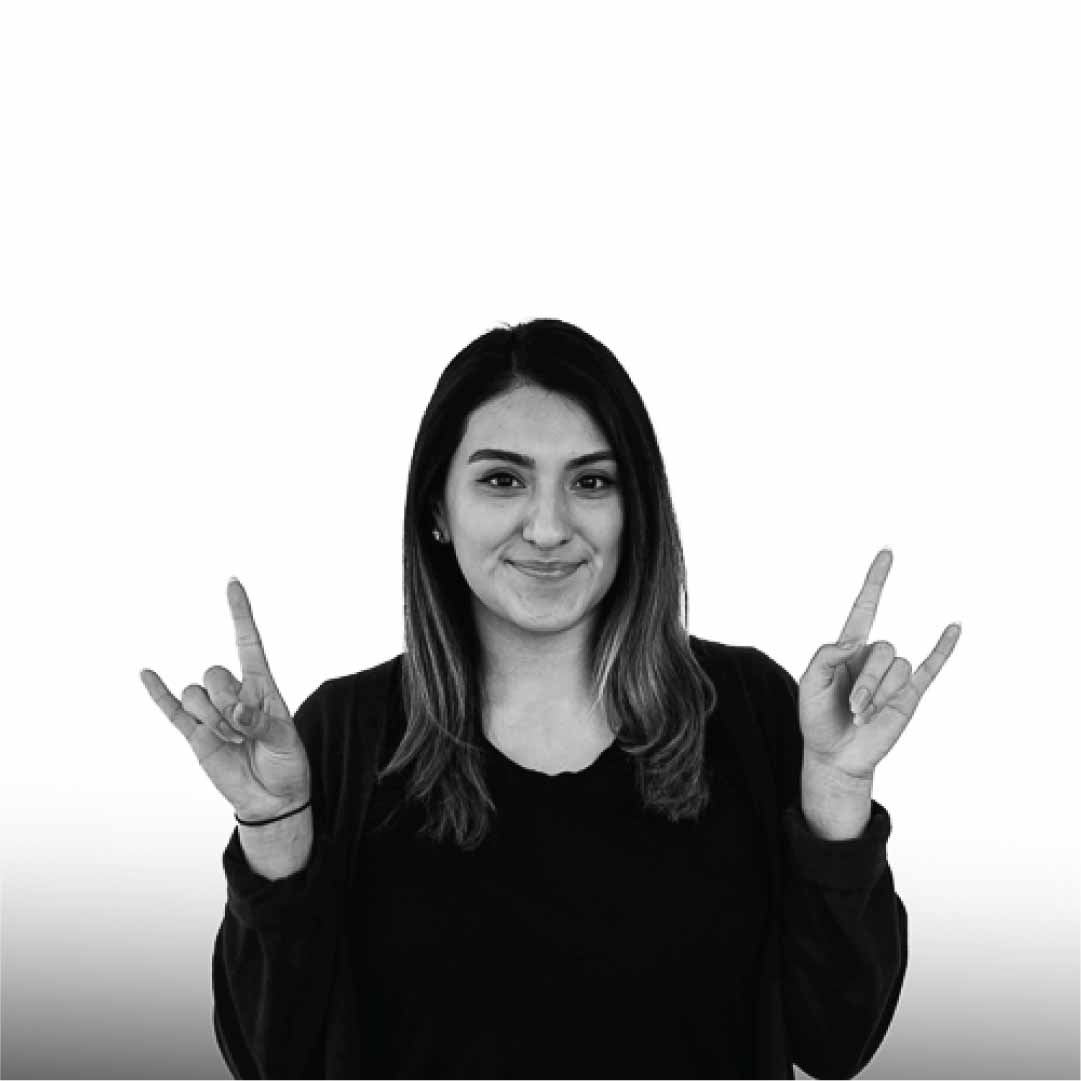

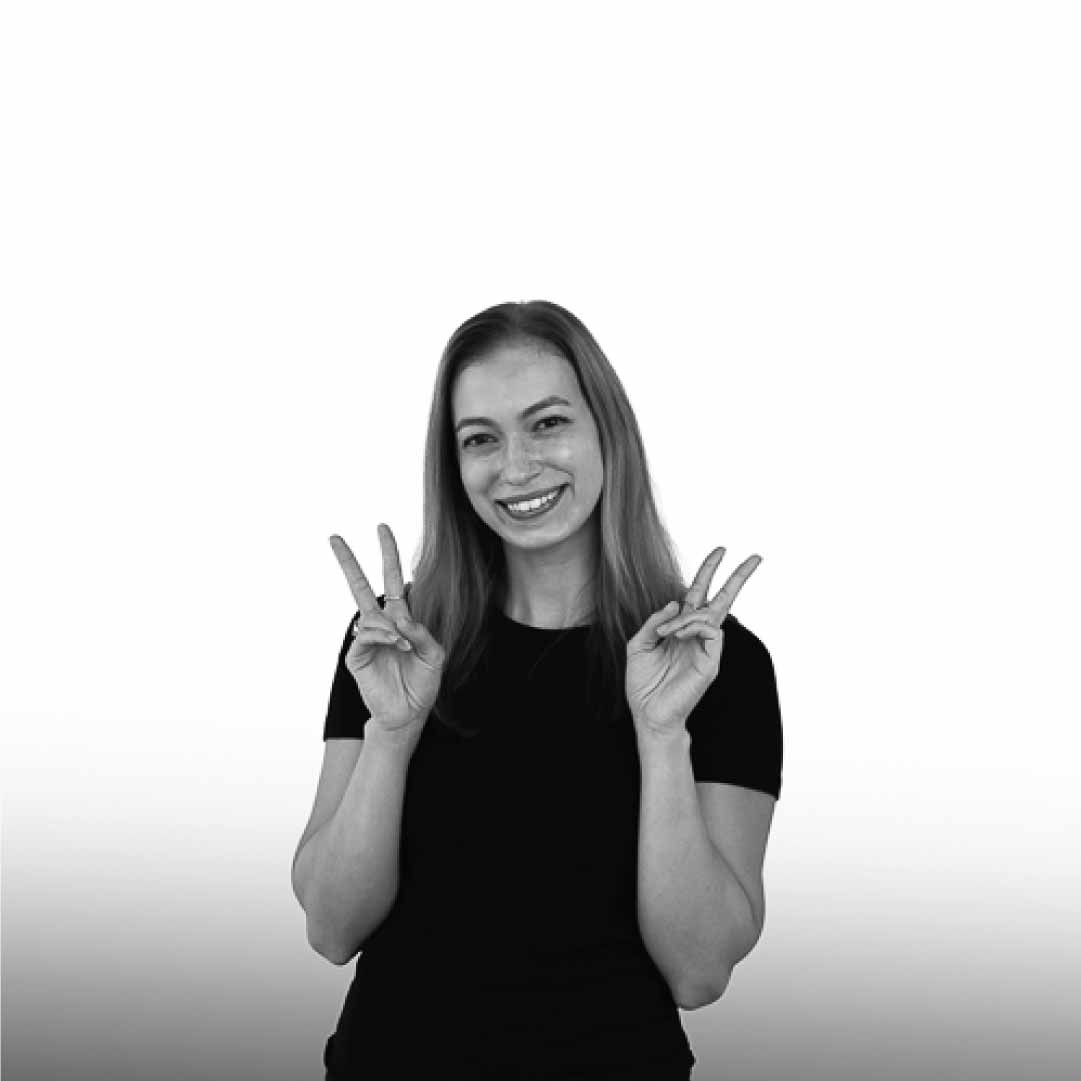

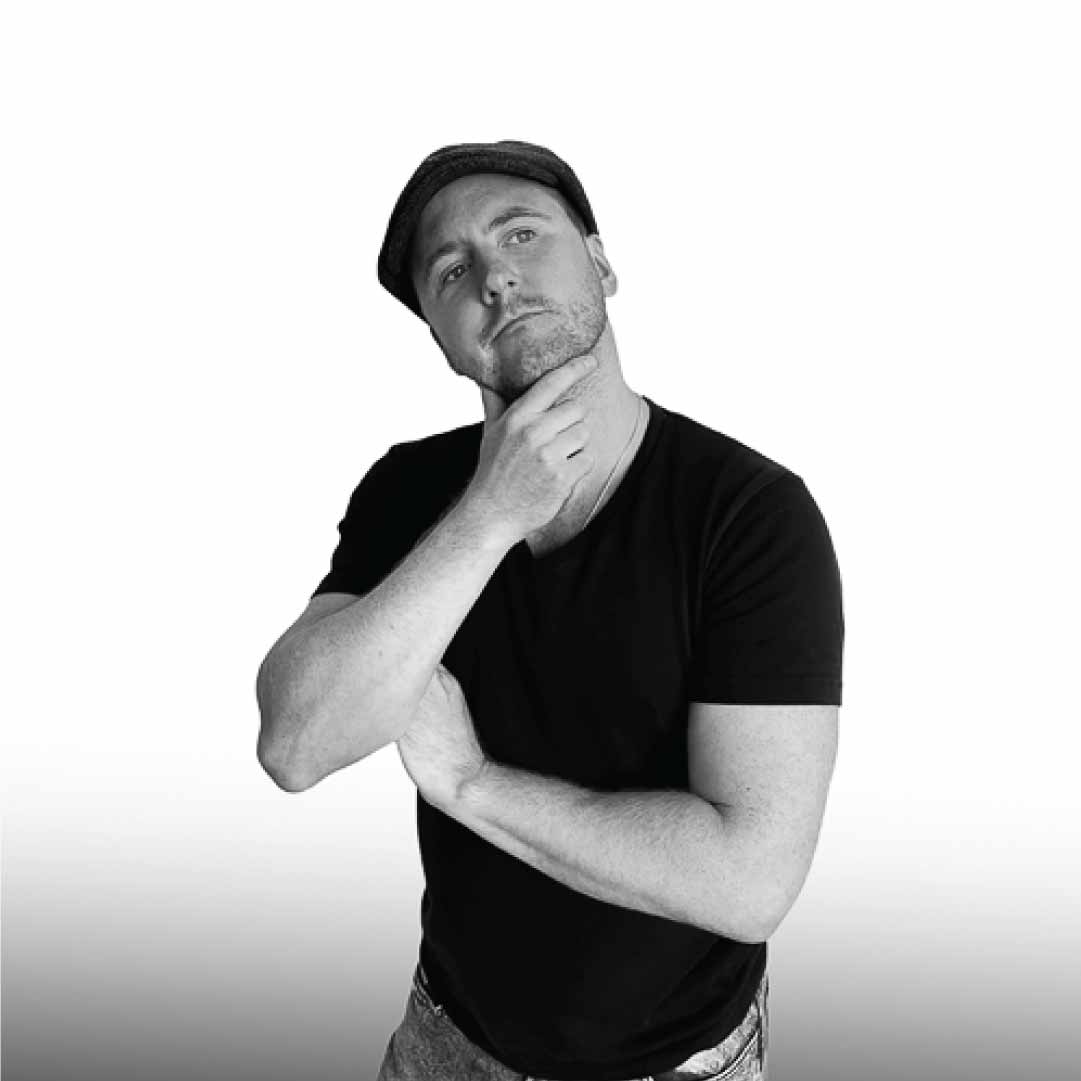
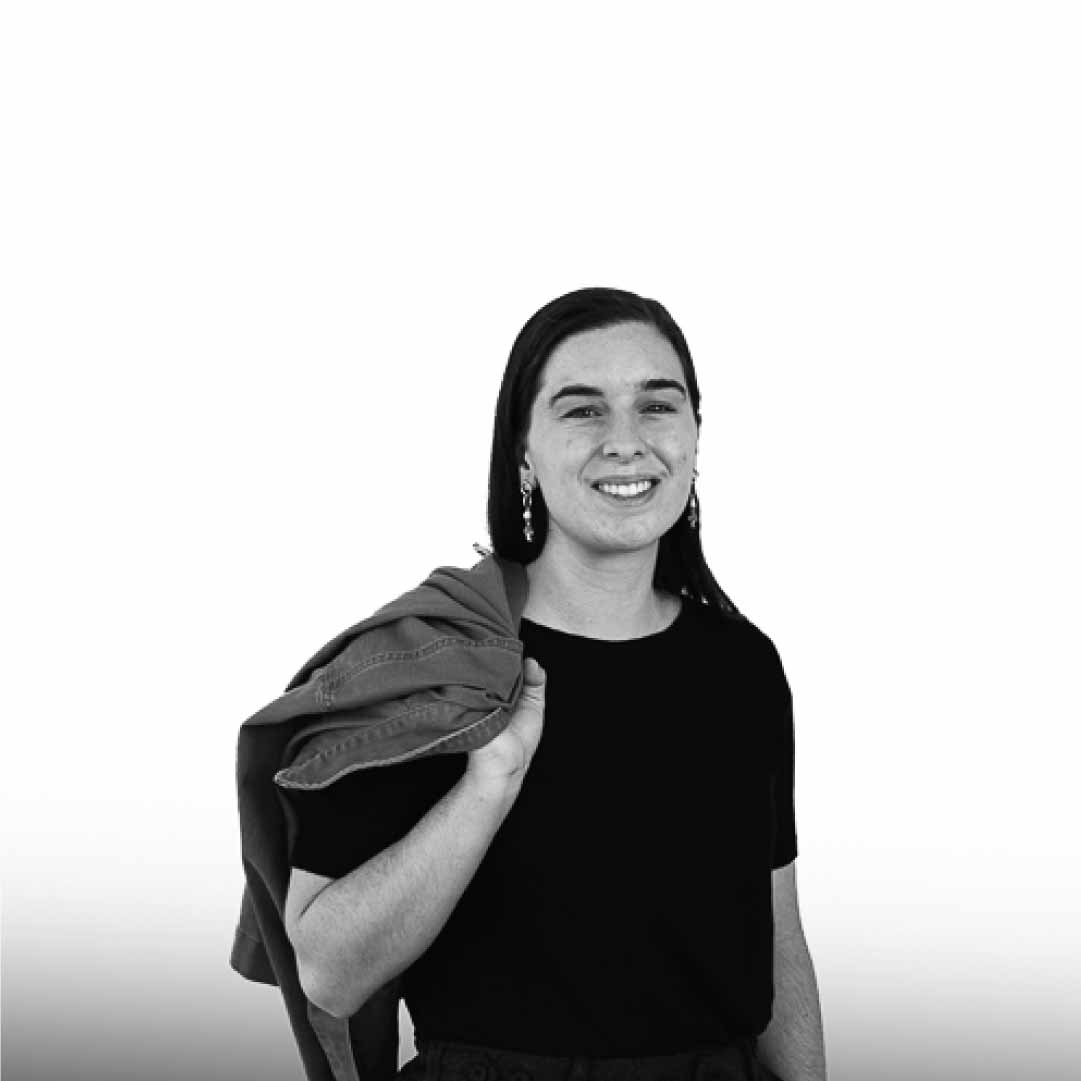
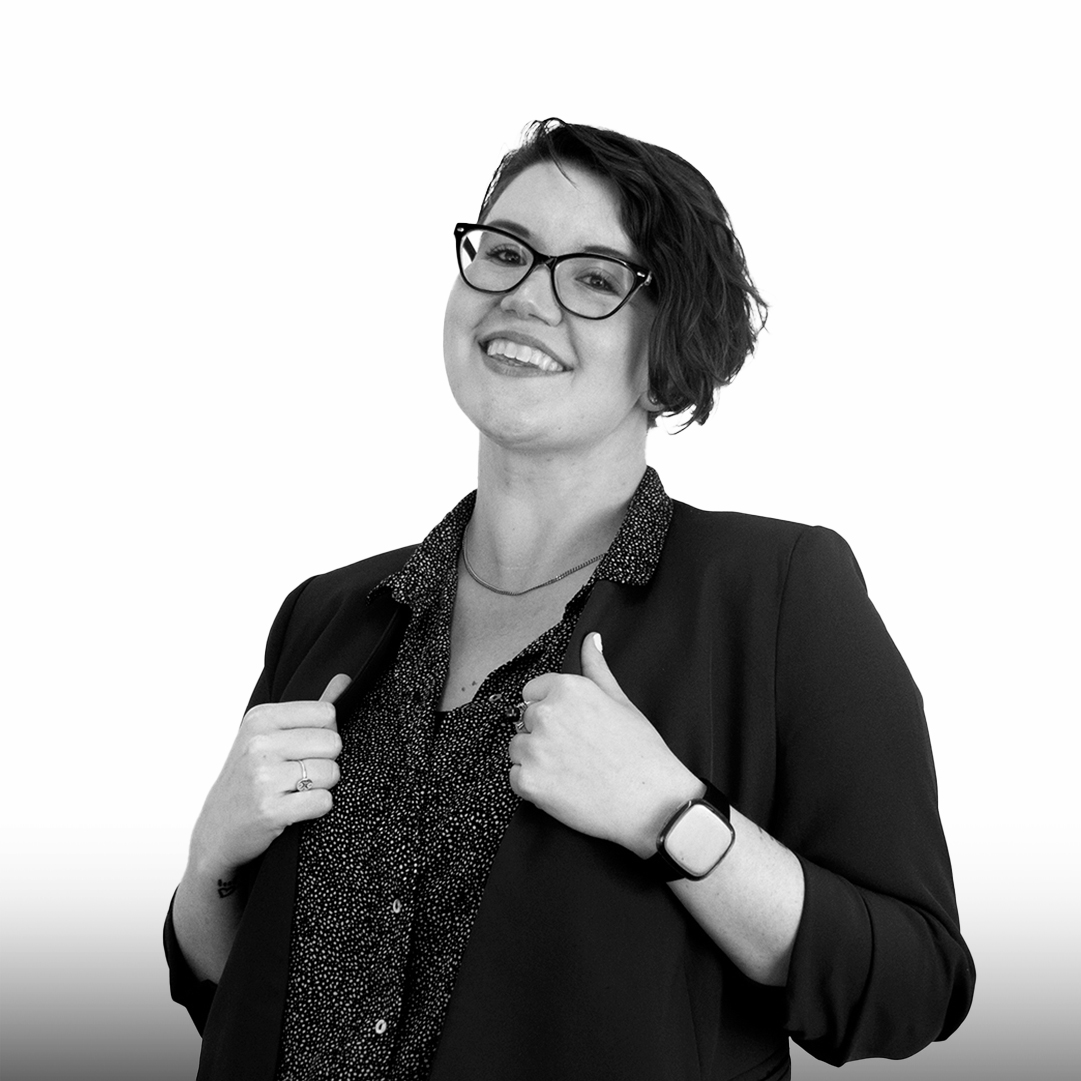
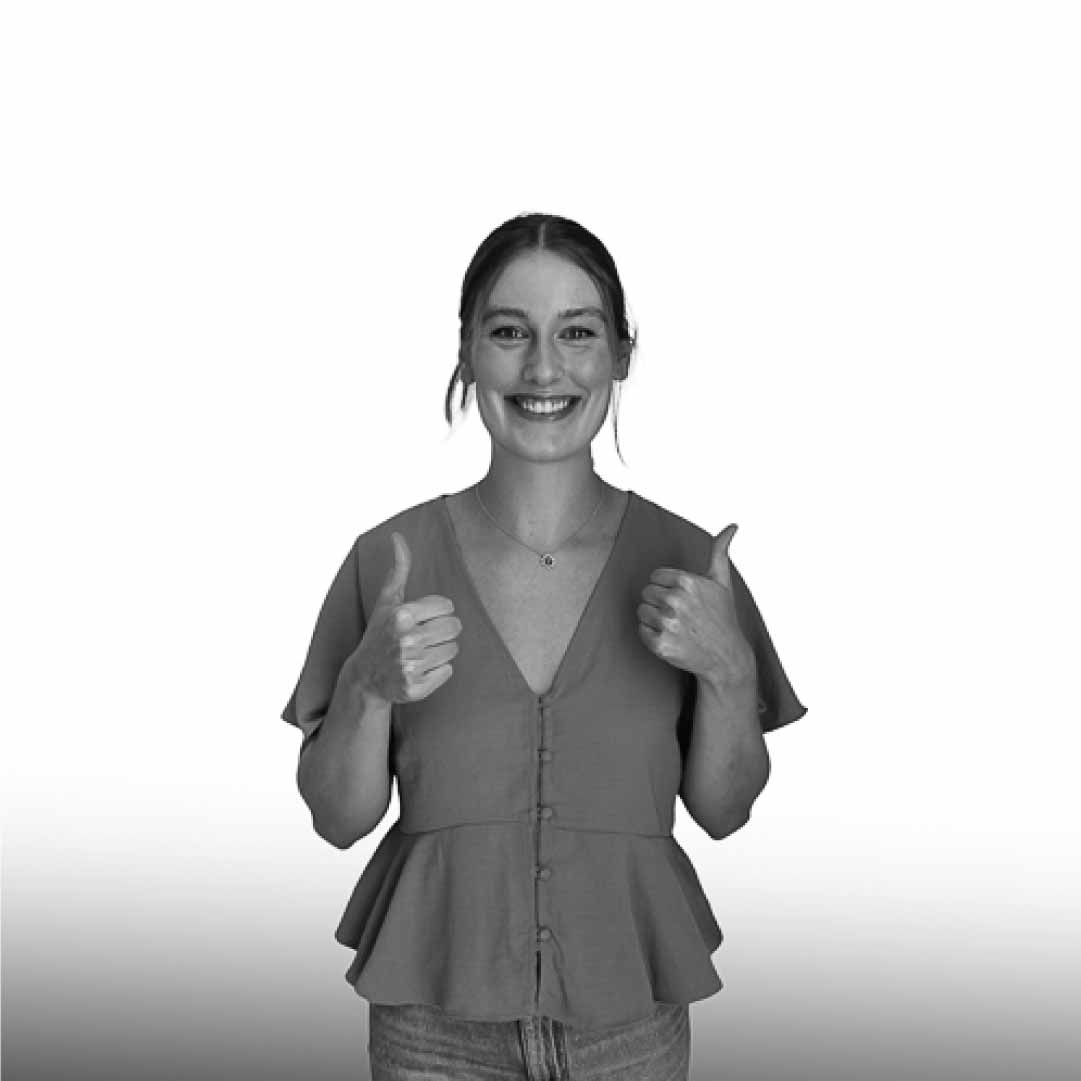
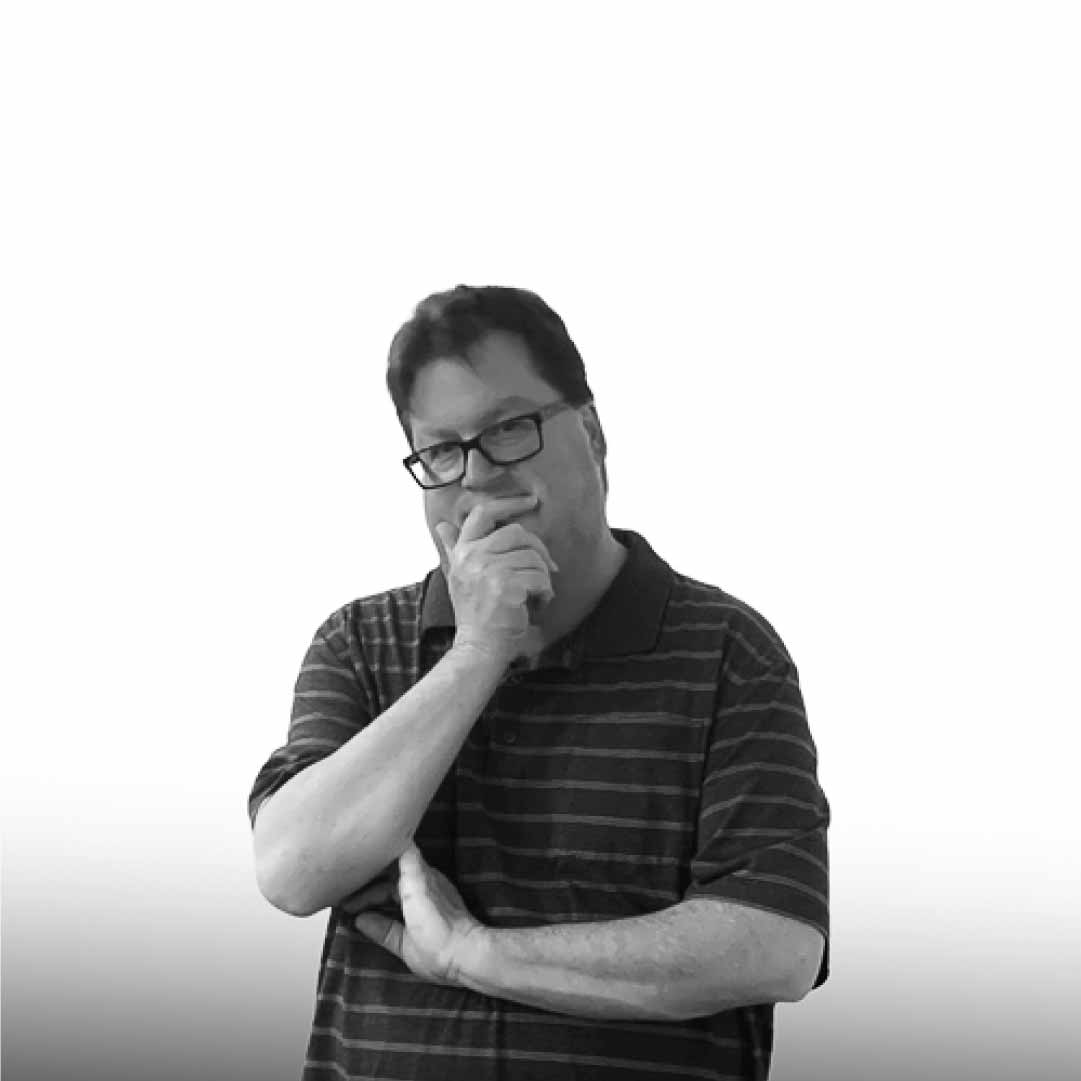
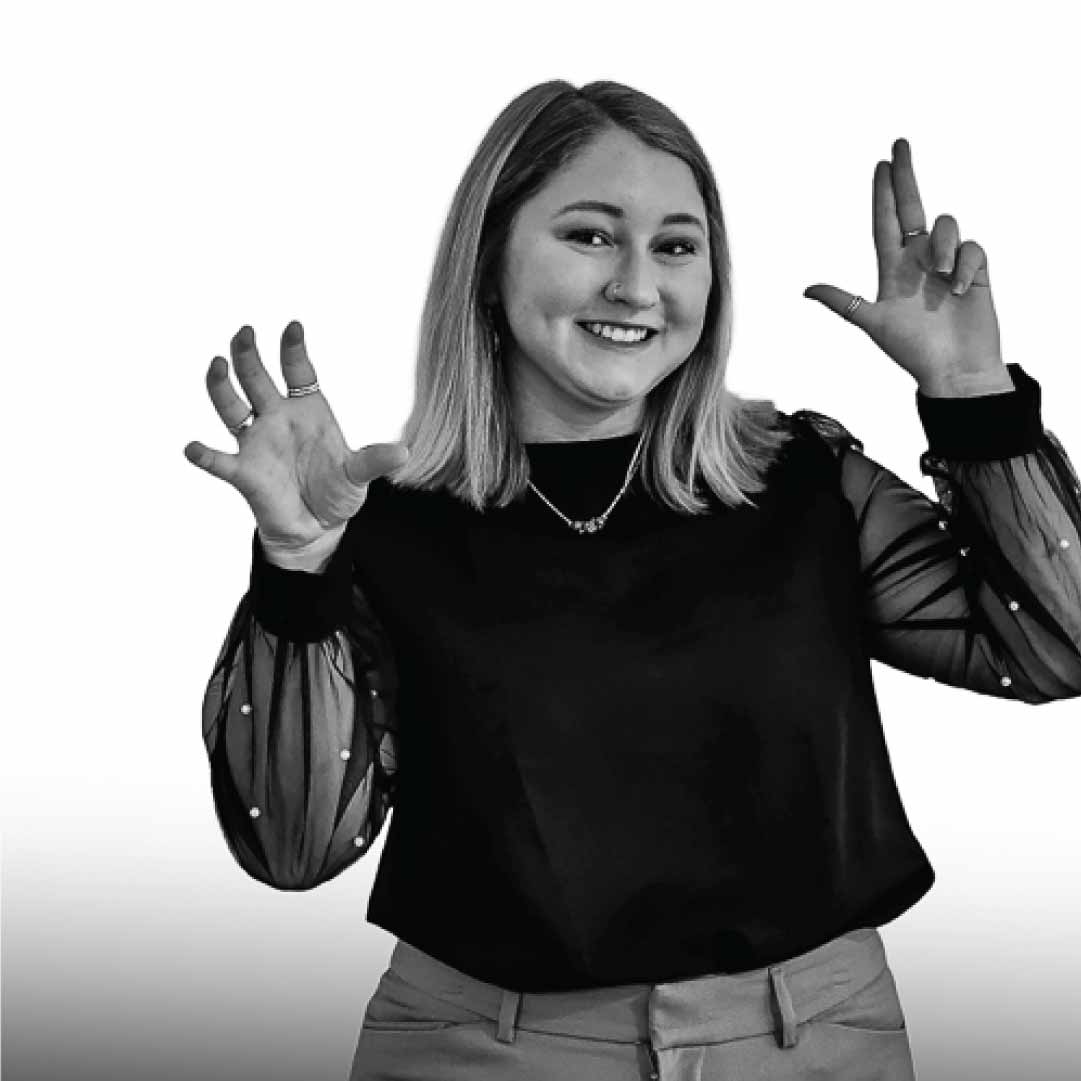










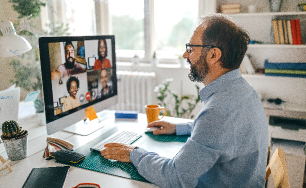
.png)
